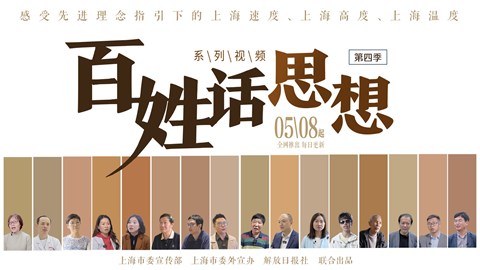Cambodia jails Australian nurse over surrogacy clinic
An Australian nurse who ran surrogacy services in Cambodia that matched foreign couples with local women was sentenced to 18 months in prison Thursday, as authorities in the impoverished kingdom tackle the “rent-a-womb” businesses.
Tammy Davis-Charles, 49, has been in custody since her arrest in November last year, weeks after Cambodia outlawed commercial surrogacy.
Authorities announced a blanket ban on the trade, which critics say exploits poor women, after similar curbs in Thailand pushed the shadowy industry across its borders.
With cheap medical costs and no laws excluding gay couples or single parents, Cambodia quickly mopped up demand from foreign couples, mostly from Australia.
Davis-Charles told the court she moved to Phnom Penh after commercial surrogacy was restricted in Thailand, where she had been working.
The nurse said lawyers told her surrogacy was legal in Cambodia at the time.
But the judge said Davis-Charles continued to run the business and lure Cambodian women into the trade even after she knew the industry had been outlawed.
“Tammy Davis-Charles was an intermediary between intended parents and Cambodian surrogate mothers,” Judge Sor Lina said delivering the ruling.
The Melbourne native, who wept after the verdict was handed down, was also convicted of falsifying documents.
“The court sentences Tammy Davis-Charles to one-and-a-half-years in jail,” the judge added.
Two Cambodian colleagues were convicted of the same charges and also jailed for 18 months.
Police said Davis-Charles’ clinic charged would-be parents up to $50,000, while Cambodian surrogates received around $10,000 each -- a vast sum in a nation where the average annual income is around $1,200.
Davis-Charles, who advertised surrogacy services online, was accused of bringing more than 23 Cambodian women into the trade for 18 Australian and five American couples between 2015 and her November 2016 arrest.
In her defence statement in July, Davis-Charles broke down in tears in front of the court appealing for mercy from the bench, saying she had already “lost everything” during her six months in custody.
During the trial she denied recruiting the surrogates, saying her role was limited to providing medical care.
Davis-Charles had twins through a Thai surrogate before going into “the surrogacy business full-time... to help people everyday,” according to her post on the website of her Bangkok-registered company.
Surrogacy agencies started sprouting up in Cambodia in 2015 after neighbouring Thailand shut down the trade following a series of scandals, including tussles over custody.
But in late 2016 Cambodia barred the industry and refused to recognise birth certificates for babies, leaving many foreign couples in limbo.
In April this year the government said it would allow foreign couples to return home with babies if they could prove they were conceived before the ban on commercial surrogacy.
While Cambodia’s crackdown has slowed the tide of foreign couples, it has failed to snuff out an industry that remains a lure for some of the country’s most vulnerable women.
“There is certainly still surrogacy going on underground,” said Sam Everingham, director of the Australia-based consultancy Families Through Surrogacy.
The trade has also sprung up in neighbouring Laos which has yet to criminalise commercial surrogacy.
Laos’ role as the new surrogacy destination emerged after Thai authorities arrested a man attempting to smuggle six large refrigerated vials of sperm into the Communist country -- presumably for use in the booming surrogacy clinics.
Some offer to carry out the embryo transfer in Laos and then provide pregnancy care for the surrogate in Thailand, a wealthier country with vastly superior medical facilities.
Thai authorities banned the trade in late 2014 following a slew of scandals, including the discovery of nine babies in a Bangkok apartment fathered by a rich Japanese man using Thai surrogates.















